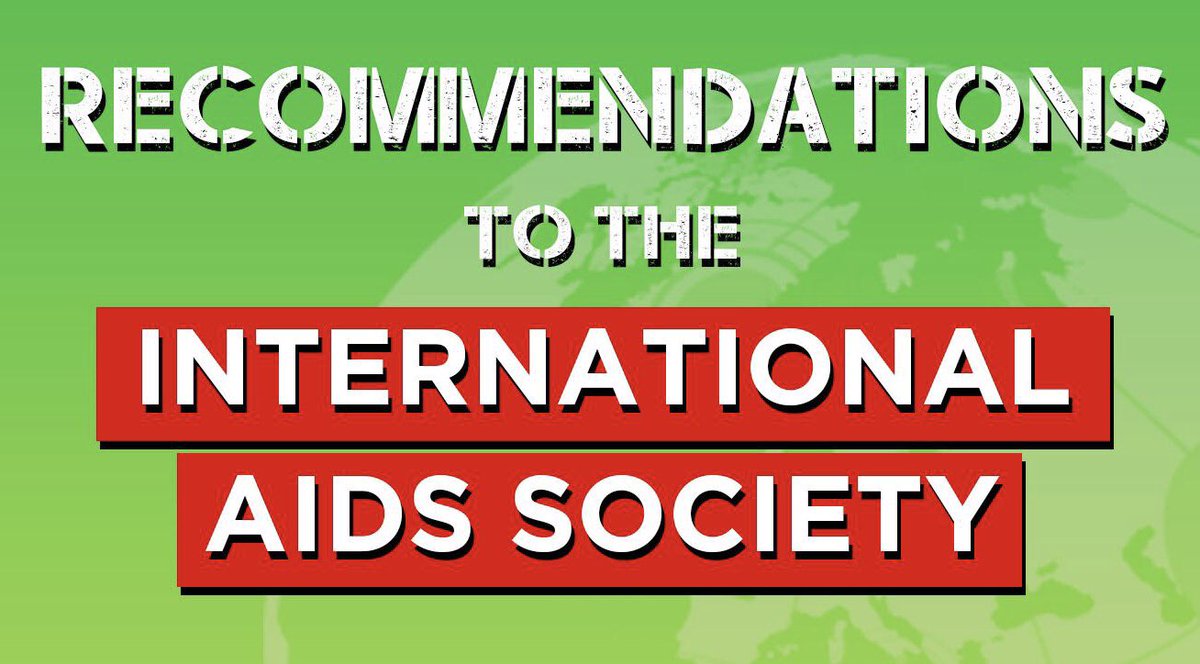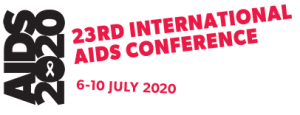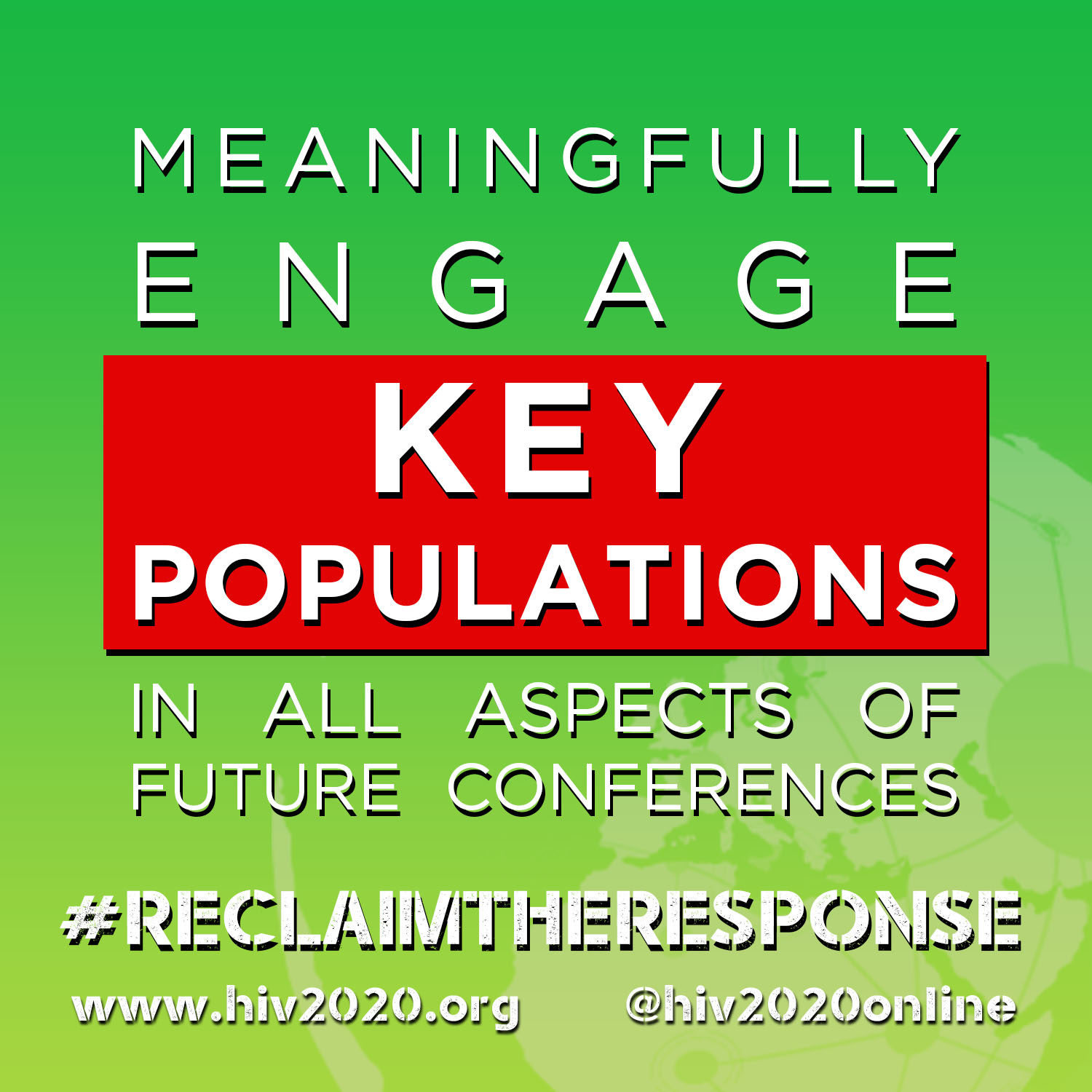
HIV2020’s Recommendations to The International AIDS Society
Two years ago, the International AIDS Society (IAS) chose the United States of America (U.S.) as the site for the 2020 International AIDS Conference (AIDS2020). Community advocates argued that the U.S. was an inappropriate choice given legal travel restrictions on sex workers, people who use drugs, and Muslims, which would have made it very difficult for members of these communities to enter the country. The Trump regime’s racist immigration, detention and family separation policies, state-sanctioned violence against Black and Brown people, and the country’s worsening human rights conditions for LGBT people, added to advocates’ grave concerns.
The IAS’ decision created a dilemma for many in the global HIV movement and revealed a willingness by mainstream HIV actors to tolerate the discrimination of immigrants, Black and Brown people, Muslims, people who use drugs, sex workers, and transgender people in the conference’s host country. The IAS’ decision also resurfaced questions about the community-relevance of large, multi-million-dollar conferences in the face of shrinking global HIV investments. Moreover, persistent barriers to HIV prevention, care, and treatment services like the costs of medicines and diagnostics as well as criminalization, stigma, discrimination, and violence, compel community advocates to ask:
- How can IAS better and more meaningfully engage community advocates?
- How does the conference directly benefit people living with and most affected by HIV (gay and bisexual men, people who use drugs, sex workers, and transgender women)?
- How can the conference be reimagined to improve its community-relevance and usefulness to the global HIV movement as a whole?
- How can future conferences model and evaluate participatory and dynamic approaches to sharing knowledge and deliberating new research findings with community advocates valued as equal partners and acknowledged as experts?
- How can the conference be better leveraged to develop and advance interlocking HIV research, program, and policy agendas?
Community advocates want to see the IAS and its conferences succeed. Central to its future success is the meaningful, respectful, and equitable engagement of community advocates as experts. The questions raised above are not new, nor are community advocates’ calls for structural and programmatic change. Better accountability to communities living with and most affected by HIV can only bolster the international AIDS conferences’ quality and IAS’ integrity.
Read our full list of recommendations to the IAS here
English| Español| Français| Português| русский
VIDEO STATEMENTS FROM THE ORGANIZERS OF HIV2020 ONLINE
Ruth Morgan Thomas of NSWP: https://youtu.be/rn4POuvVFfc
George Ayala of MPact: https://youtu.be/Lg6UWsCA6b0
Judy Chang of INPUD: https://youtu.be/ReCYNUvkgBs
Rico Gustav of GNP+: https://youtu.be/UbXgHNYf14c

